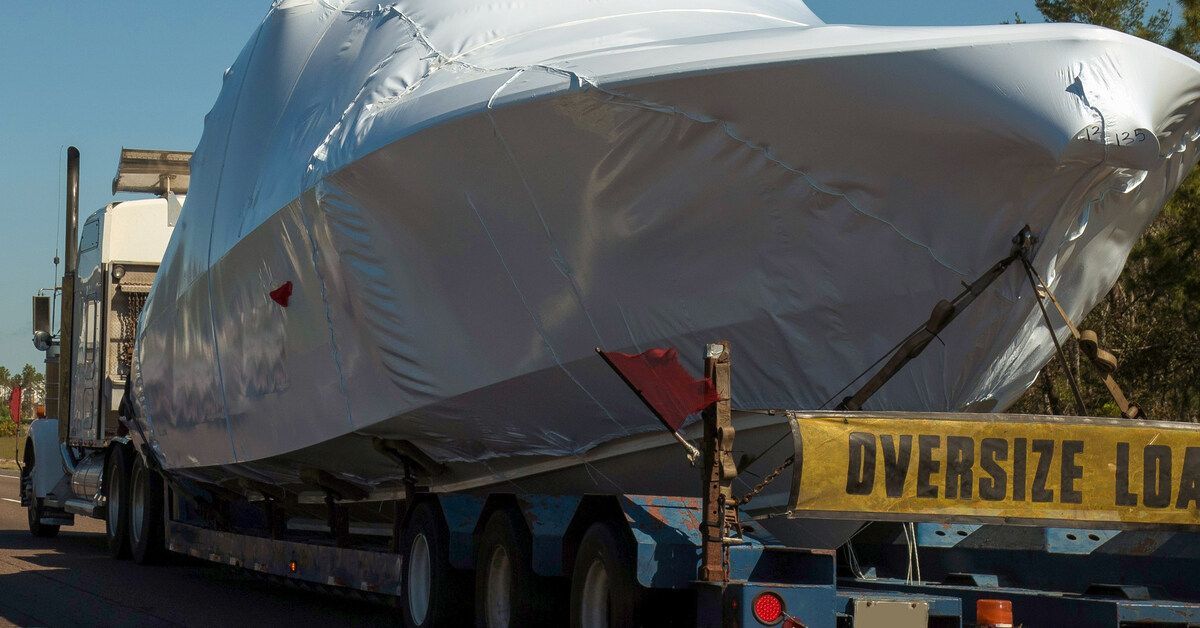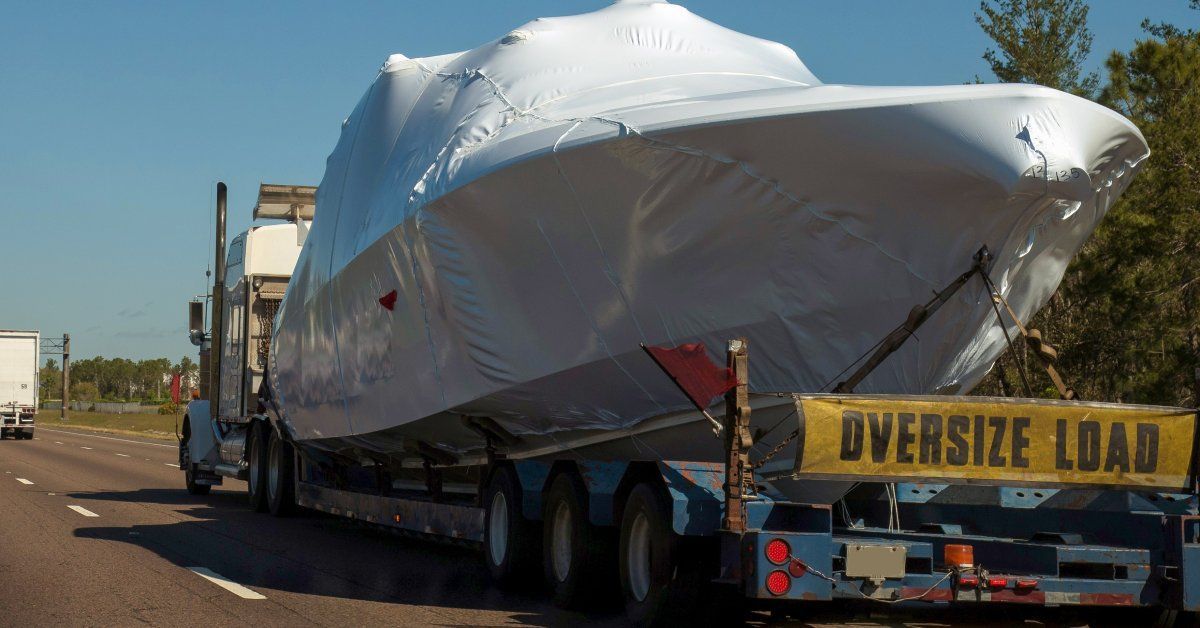24 HOUR CUSTOMER SERVICE
GET A QUICK QUOTE TODAY! CALL US TOLL FREE:
844-292-2153
5 Challenges of Transporting Large Vehicles in the Winter
Transporting large vehicles in winter presents unique challenges that drivers should know. Winter weather can create many issues that make transporting large vehicles more difficult and dangerous. Learn about the various challenges those transporting vehicles in the winter months may encounter and practical advice for managing these difficulties.
Difficulty Driving and Towing
The winter season makes it particularly difficult to drive and tow vehicles due to icy and snowy roads. These conditions reduce traction, making it harder for drivers to maintain vehicle control. Sudden braking or sharp turns can cause trailers to skid, leading to accidents. Equip your vehicle with the right tires for winter and maintain a safe driving speed to help mitigate these risks.
Decreased Visibility During Winter Weather
Winter weather often brings decreased visibility due to snow, sleet, and fog. For drivers transporting large vehicles, limited visibility can make it difficult to see obstacles, other vehicles, or road signs.
Keep headlights clean and use fog lights when necessary to improve visibility. Additionally, maintaining a greater distance from other vehicles can provide a longer reaction time under poor visibility conditions. To maximize safety, it’s best to wait out particularly strong winter storms.
Increased Risk of Losing Control
The risk of losing control is significantly heightened during winter. Ice patches, black ice, and packed snow can cause even the most experienced drivers to lose control. To reduce this risk, drivers should train to recognize and respond to these hazards effectively. Lowering speeds and avoiding sudden maneuvers can also help maintain control on winter roads.
Extended Transit Times
Winter weather conditions often result in extended transit times for large vehicle transportation. Delays caused by road closures, accidents, or the need to drive more slowly all contribute to longer trips. Planning for these delays and keeping communication open with everyone involved can help manage expectations and reduce stress.
Cold Weather Wear and Tear
Another challenge of transporting large vehicles in the winter is the negative impact it can have on your cargo. Cold weather can exacerbate wear and tear on both the transporting and transported vehicles. Engines may struggle to start, fluids can freeze, and tires can lose pressure. Regular maintenance checks and proper vehicle winterization can help prevent breakdowns and ensure all parts function properly.
Transporting large vehicles in winter requires careful preparation and attention to safety. By understanding and addressing the unique challenges posed by winter weather, drivers can ensure they complete their deliveries safely and on time.
It’s always a wise decision to rely on professional transportation services for winter towing, as they are equipped to handle these conditions. It’s even better to plan your transportation needs around winter to avoid delays and incidents. Reach out to Coast to Coast Transportation today to start planning your transportation needs before the difficult winter season hits.
WHERE TO FIND US
3815 N. Highway 1, Suite 111,
Cocoa, FL 32926
Cocoa, FL 32926
WHERE TO FIND US
3815 N. Highway 1, Suite 111,
Cocoa, FL 32926
Cocoa, FL 32926










